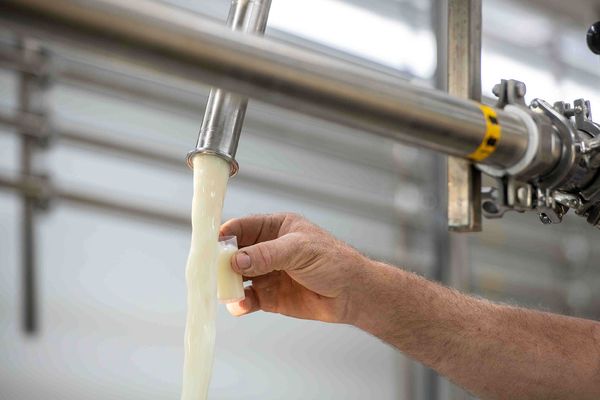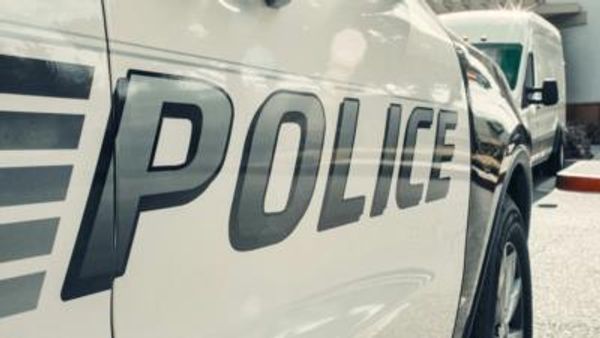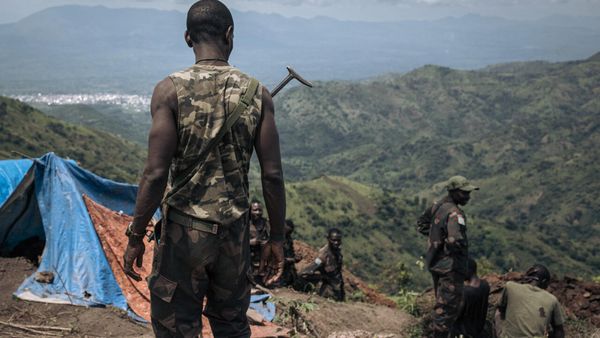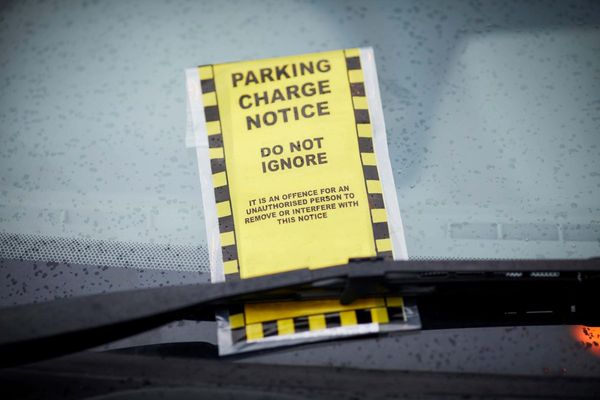WASHINGTON _ Special counsel Robert Mueller found evidence that affiliates of the Russian government repeatedly sought the audience and favor of Jared Kushner, Donald Trump's son-in-law and one of his closest advisers, throughout the 2016 presidential campaign and its immediate aftermath.
But Mueller's documentation of those efforts, detailed in a 448-page, partly redacted report released Thursday, shows that Kushner rebuffed most of those overtures.
Communication records show formal and informal associates of Russian President Vladimir Putin pursued inroads with Kushner through a network of shared contacts. While Kushner acknowledged to investigators that he was seeking better relations with Moscow after Trump's November 2016 election, most Russian intermediaries failed in attempts to directly communicate with him, according to the report.
In 265 references to Kushner throughout the report _ many of which are footnotes documenting text, phone and email exchanges _ Kushner is on the receiving end of unsolicited emails and requests for meetings.
The report recounts only two exchanges between Kushner and Russian nationals throughout the 2016 race: a handshake at Washington's Mayflower Hotel with Russian Ambassador Sergey Kislyak _ whom Kushner did not recognize by name until after the election _ and the Trump Tower meeting with a Russian lawyer held on June 9 of that year.
That meeting, organized by Trump's son Donald Trump Jr., with Natalia Veselnitskaya, a former Russian prosecutor who had maintained ties with the government, was the only incident Mueller explicitly mentions involving Kushner that was investigated for violations of specific federal election laws.
The stated purpose of the meeting was to discuss Russian "dirt" on Hillary Clinton, the 2016 Democratic presidential nominee, and Mueller closely examined the event for evidence of the campaign's willingness to receive derogatory information from a foreign source.
"Documentary evidence in the form of email chains supports the inference that Kushner and Manafort were aware of that purpose and attended the June 9 meeting anticipating the receipt of helpful information to the campaign from Russian sources," the report said, referring to Trump campaign chairman Paul Manafort.
While Mueller concluded there were "reasonable arguments" for prosecutorial action, he ultimately opted against it, finding the available evidence would not meet a criminal burden of proof that Trump's aides were "willfully" violating the law or seeking valuable information from a foreign power.
Texts and emails verified Kushner's account of the meeting to investigators. As the meeting transpired, he described it as a "waste of time" in a text to Manafort and asked his aides to call with an excuse to leave early.
Kushner did build a relationship during the campaign with one individual connected to the Russian government: Dimitri Simes, the head of a think tank in Washington known for its Russia policy program. Simes discouraged Kushner from publicly associating with Russians, citing concerns about "optics," and provided Kushner with a memo on potential Russia policy that he passed along to other campaign aides.
Kushner explained to Mueller's team that his relationship with Simes arose from the campaign's "trouble securing support from experienced foreign policy professionals." Simes and his think tank, CNI, organized an event in March 2016 at the Mayflower Hotel featuring Trump, where the candidate and his senior staff _ including Kushner and Jeff Sessions, then a senior policy adviser _ briefly engaged with the Russian ambassador.
Intelligence efforts targeting Kushner appear to have intensified after Trump won the election, with several Russian nationals reaching out to individuals they considered to be valuable intermediaries.
One Putin ally, Petr Aven, the head of Russia's largest commercial bank, instructed an associate of Simes to arrange contact with Kushner shortly after oligarchs huddled with Putin in December 2016. Simes _ without relaying the request to Kushner _ declined.
Another, Kirill Dmitriev, the head of Russia's sovereign wealth fund, worked with one of Kushner's friends to present to him a "reconciliation" document for U.S.-Russia relations. That did reach Kushner, who passed the working paper along to then-Secretary of State Rex Tillerson. But Dmitriev's repeated efforts to set up a meeting with Kushner never bore fruit, according to the report.
Media reports from the spring of 2017 asserted that Kushner tried to establish a "back channel" with Russia around U.S. intelligence services. Mueller reported that in a Nov. 30, 2016, meeting with Kislyak, attended by Trump's soon-to-be national security adviser, Michael Flynn, the three men discussed a way forward toward better U.S.-Russia relations, at which point Kislyak reportedly proposed a briefing for the Trump transition team on Syria policy by Russian military officials.
"Kislyak floated the idea of having Russian generals brief the Transition Team on the topic using a secure communications line," the report said. "After Flynn explained that there was no secure line in the Transition Team offices, Kushner asked Kislyak if they could communicate using secure facilities at the Russian Embassy. Kislyak quickly rejected that idea."
Kislyak quickly sought a follow-up meeting, which Kushner declined, sending his top aide instead.
A person familiar with Kushner's thinking said that two years of investigation ultimately "vindicated" the president's son-in-law, who had been the subject of extensive public reporting on alleged conflicts of interest and vague questions over his contacts with Russians. The redacted report makes only one mention of Kushner potentially discussing his family real estate business interests with a Russian national, the source of which is a public readout from the Russians themselves of his meeting with an executive at a Russian state-owned bank.
"The report shows that Jared was telling the truth all along," the source told McClatchy. "It vindicates him. It's definitive proof."







